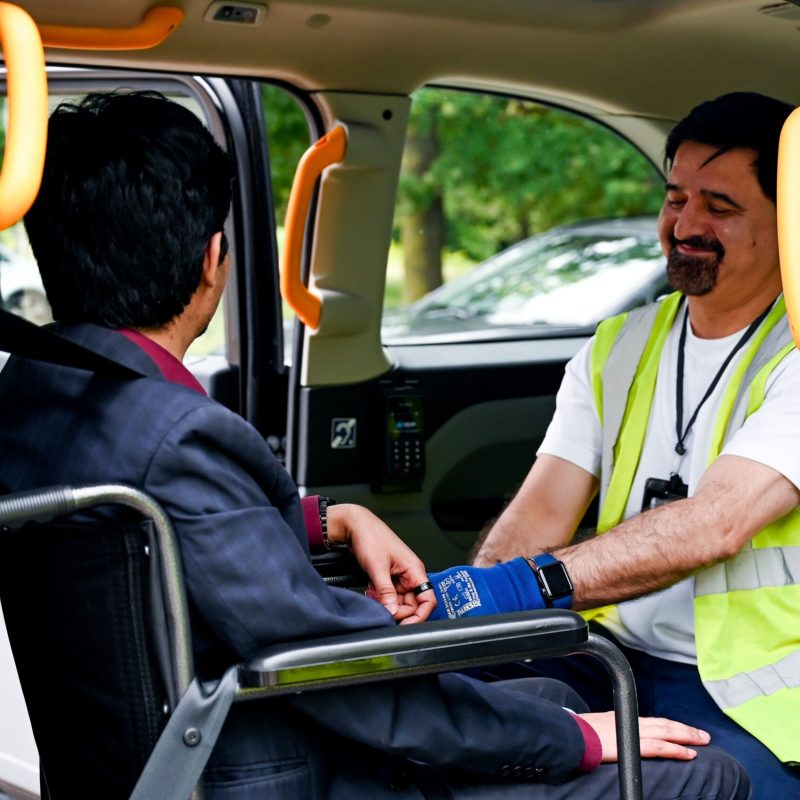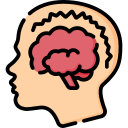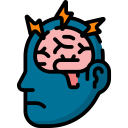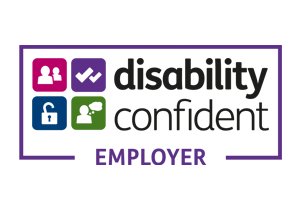The First Aid at Work training course, which conforms with HSE guidance, provides a comprehensive set of practical skills needed by first aiders in most workplaces, giving both the ability and knowledge to deal with first aid emergencies. It meets the standards required to help comply with Health and Safety (First aid) regulations.


This course is ideal for individuals involved in SEN transport and non-emergency patient transport.

We may be able to make special arrangements if requested in advance.

Delegates must be aged 18 or older to attend this course.

Candidates need a basic command of English (defined as Level 2).

While we are often able to provide support to people who do not have English as a first language, our ability to do so is limited by the time available and the number of people who require assistance.

It is especially beneficial for those working in settings where specialized care and patient safety are paramount, ensuring they are equipped to handle a variety of situations with confidence and competence.

Please contact us if you need any guidance.
PATS is the Passenger Assistant Training Scheme and is administered by the Community Transport Association. The scheme provides a nationally recognised standard for training Passenger Assistants: those whose role it is to provide care and assistance to passengers travelling on the road.
PATS training is available to anyone who has care or supervision responsibilities of passengers traveling by road: in minibuses, cars, taxis, or large buses.

At Nova Mobility, our Epilepsy Awareness and Seizure Management training equips staff with essential knowledge and skills to recognize and respond to seizures, ensuring the safety and well-being of our clients.

Explore our courses

Epilepsy causes seizures; manage with medications, lifestyle changes, and support.

Identify epilepsy triggers and methods for accurate diagnosis and treatment.

Learn about seizure varieties and appropriate first aid responses for each.

Identify and manage prolonged seizures, understand sudden death in epilepsy.

Proper medication use and managing potential side effects in epilepsy treatment.

Addressing the social and psychological challenges faced by individuals with epilepsy.

Administer epilepsy medication in case of seizure.

Give examples of how epilepsy can affect a person physically

Give examples of how epilepsy can affect a person socially and psychologically.

Briefly describe how epilepsy is diagnosed and treated.

List the actions you would take to support someone during a seizure All delegates receive a certificate of attendance. We recommend that this training takes place every years.


